The Machines Have Taken Control
I stumbled into the room, expecting him to greet me. However, instead of a warm welcome, the room felt colder. That’s when I noticed him, sitting down, facing towards me. An obstruction lay between us: a large computer monitor. It was the only light source within the room. I could barely make out the wires sporadically flying out of its rear, tangled and matted like unwashed hair. The person-shaped husk was gormlessly staring into the monitor’s gloom, which highlighted the protruding bones on his sunken, hollowed-out face.
I could visibly see his life force, like a vapor. The monitor absorbed this vapor into its gaping mouth. His posture had become ingrained into his seat. The machines had become more and more impossible to manage; at this point, they were practically parasitic. Using humans as a source of nutrition, feasting on the particularly weak-willed, draining their time and energy, and transforming them into hollow shells. The husks had become addicted to the digital life given to them by these machines. Sometimes, you could see the world around them warp and leak a depressing aura, almost like a cage that forces the new flock to stay within the machine.
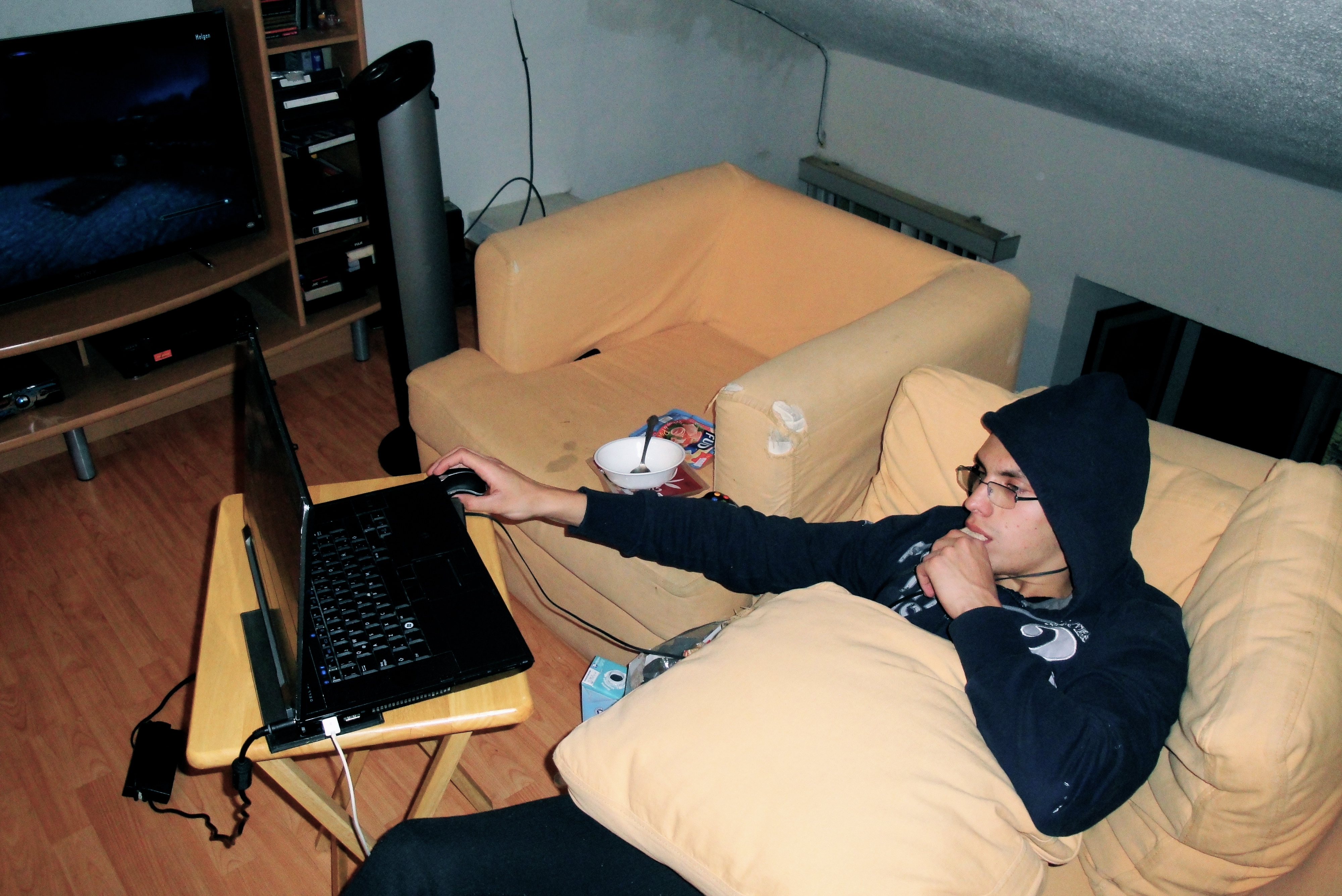
The Snowball Effect of Gaming Addiction
I’m sure we’ve all been like this before: comfy, playing the newest gaming release. Maybe you’ve even taken the day (or week) off work to grind out levels or get to the end of your playthrough. Although my description may be an exaggeration of addiction, the disease is not a fantasy: It is a life-ruining curse, which can also be a sign of deteriorating mental health.
The gambling trap inserted into the games of today, such as loot boxes, may seem like a small infraction. Yet, even the smallest push could snowball the industry into a George Orwell-esque dystopian nightmare. The new age of gaming technology has made it easier and easier to fall into this trap. Certain companies are even hiring people to specifically design systems for the weaker-willed to fall into.
A First Encounter With Gaming Addiction
The issue with today’s gaming industry is that the idea of someone sinking countless hours into a game, at the risk of their own health and well-being, is a normality. Hell, many gaming companies have started to implement ways in which these susceptible people could be exploited more and more.
As an example, look at the systems within free-to-play Massively Multiplayer Online games (MMOs). The entry may be free, but sticking around for the ride is going to eventually cost you, whether it’s time, money, or both. This is by design; the companies behind these games want this.
These publishers use terms like “whales” to describe those who suffer from the most troubling cases of addiction. Because, from the companies’ perspectives, someone who has spent hundreds of thousands on a glorified gambling system within a game isn’t severely “at risk”; of course not. On the contrast, they’re a special, crucial part of their customer base. It’s a way for companies to dehumanize the consumer (and probably help investors sleep at night).
It Starts Off With a Harmless Bit of Grinding
This article was supposed to be different. I am brand new to The Punished Backlog, and I wanted my first article to be something simple. It was meant to be about a small, mediocre title called Dungeon Defenders. The game’s DNA has the backbone of a tower-defense game, fused together with the classes and systems of a typical RPG. As I played, I found myself becoming engrossed within the onslaught of constant grinding, trapped in a loop of looking for better and better loot. Luckily, I questioned what I was doing, before sinking hundreds of hours into the game.
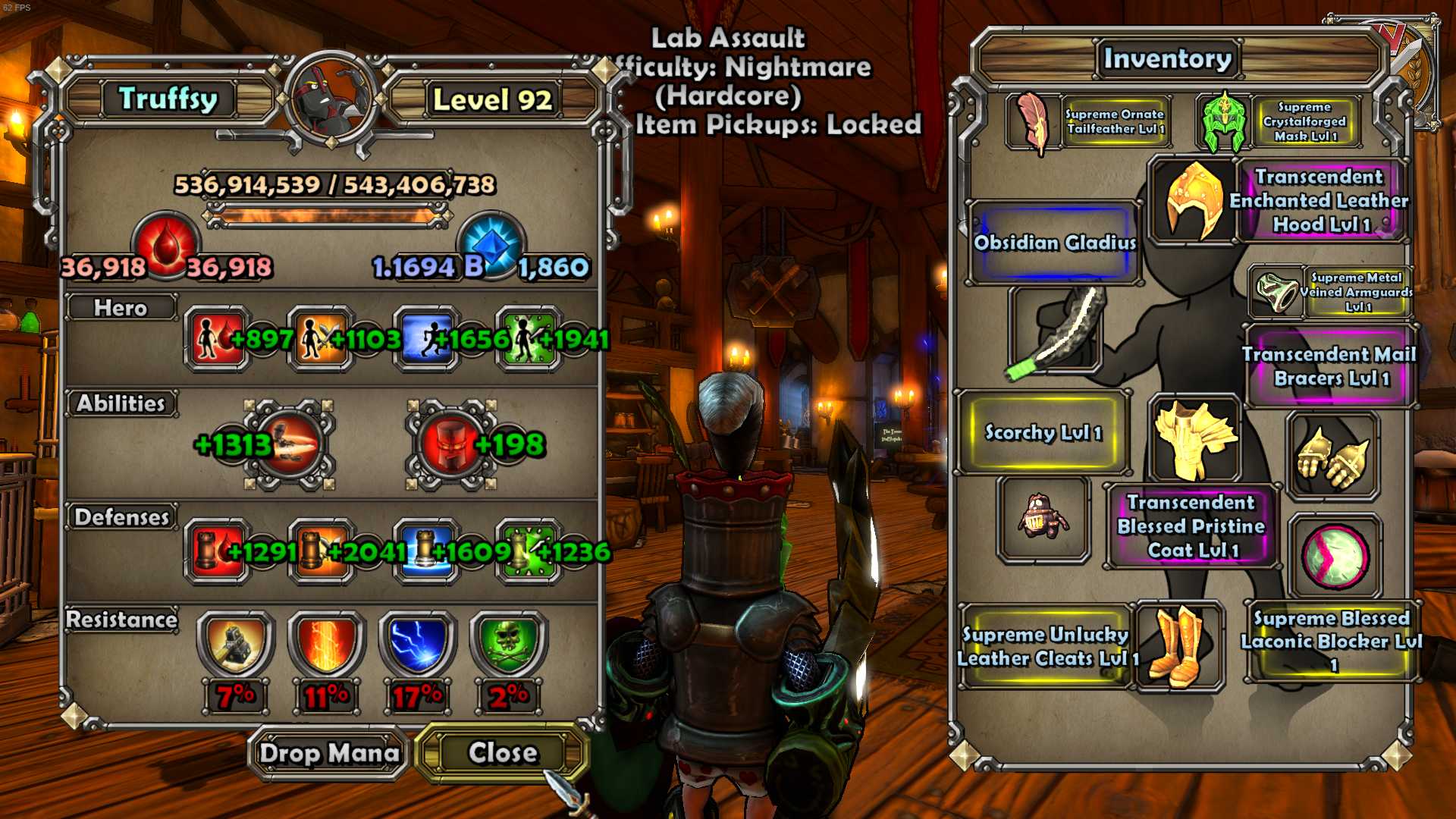
For example, I remember sitting wide-eyed at 1am watching a movie while, in the background, I farmed within the game, without needing to actually play. Now, let me ask you something: Can a game still be enjoyable if you aren’t interacting with it? Let me know in the comments.
My answer was a definitive “no” — I was farming for loot to sit there, on repeat, never actually playing the game. It may as well have been a cookie-clicker style game. It wasn’t a game, rather a constant itch that interrupts your life every few minutes forcing you to scratch, without an end in sight. Eventually, you will see a full-blown review from me for that game.
However, in the meantime, take a seat, and let me show you just how dangerous spirals in gaming actually are. And, why certain players could spiral out of control into the nightmare stories you see on the news.
Raising A Digital Life
A mother and father, with their newborn child. The love that new parents have for their young should be attentive and constant. However, sometimes the trap can disguise itself as your deepest desires.
A South Korean couple, who met on an online chatroom, were expecting a baby. They had painted their child’s room pink, complete with a beautiful cot and a dangling mobile, which played a soothing sound. They were content. However, that content quickly soured to depression, as they were left unemployed and with a premature baby, which demanded and required constant attention. The feeling that the couple longed for wasn’t being fulfilled, so they turned to games. Specifically, the MMO Prius Online. Within this MMO’s world, you could grind, like it was your job to do so, and provide for an infant child, if you so wished.
Their child was called Anima. She was healthy, and with every second the couple spent with this vampiric, digital baby, the more their reality began to haze. It was draining their time and attention while their real baby starved. The comfy cot had turned into a coffin, and the mobile that played soothing music was mocking the love that this child desperately needed. When Anima allowed the parents to leave, they only left for a couple of hours to feed their malnourished infant, forcing them to double down on their mistakes and seek the comforting fantasy that Anima had given them. That child died, alone and scared. The haze had finally lifted for the parents; this was reality and instead of facing it, they fled. Old habits die hard.

This story of online addiction may be extreme, but it’s true and shockingly more common than any company would like to admit. I’m sure many of you would never dream of doing this. Of course, the mental health of these parents should be taken into account. So what is the correlation between mental health deterioration and gaming addiction?
Who is in Danger of Becoming Addicted?
A study by the International Journal of Social Psychiatry set out to find an answer to this question. They gathered a large sample of MMORPG gamers in Vietnam and compared them to a group of non-gamers. The study concluded that there is a positive correlation between MMORPG addiction and mental disorders, and that the more addicted these gamers were, the less self-control they could assert. Scary to think that an MMO could brainwash you to sacrifice your life for a digital fantasy. This would mean that gaming addiction isn’t just a simple circle; it’s a spiral. The further down you go, the harder it is to stop and crawl your way back out.
Changing the Face of Gaming Addiction
To define gaming addiction, we have to look at the official definition derived by the World Health Organisation (WHO). The announcement that the WHO had released a new mental health disorder called “gaming disorder” was met with disdain by many gamers, thinking that, yet again, this was another sly dig by the media at those that play video games, or simply another way to make the gaming industry into a scapegoat for serious issues. This, however, isn’t the case, despite what you may have heard. The WHO specifically detailed that the amount of people suffering gaming disorder is extremely small and that those inflicted would have to align with this definition:
A pattern of gaming behavior (“digital-gaming” or “video-gaming”) characterized by impaired control over gaming, increasing priority given to gaming over other activities to the extent that gaming takes precedence over other interests and daily activities, and continuation or escalation of gaming despite the occurrence of negative consequences.
What Does This All Mean?
Okay that’s a hell of a lot to take in. However, what you should know is that this definition describes only the most extreme cases of gaming addiction. Meaning that, the chances of me or you having this new disease is low.
So, if we don’t have an addiction when we play these games, then what is it? Well, simply put, we’re falling for anti-consumer systems built into the game. These systems are what force us to sacrifice something to enjoy a game. Yes, those that suffer from addictive personalities will suffer more, but that doesn’t stop these gaming giants from implementing them into the games we love.
![]()
Remember, although the term “gaming disorder” may seem like a fake, ridiculous illness, created as a way to slight those that enjoy games, it’s real, with sometimes deadly consequences. If you or someone you know is going through a rough time, please reach out and contact those that could help them. Gaming is extremely fun, and an amazing hobby, until it becomes the most important part of your life.
For more on the gaming industry, check out our piece “Can Esports Produce Actual Sporting Talent?”


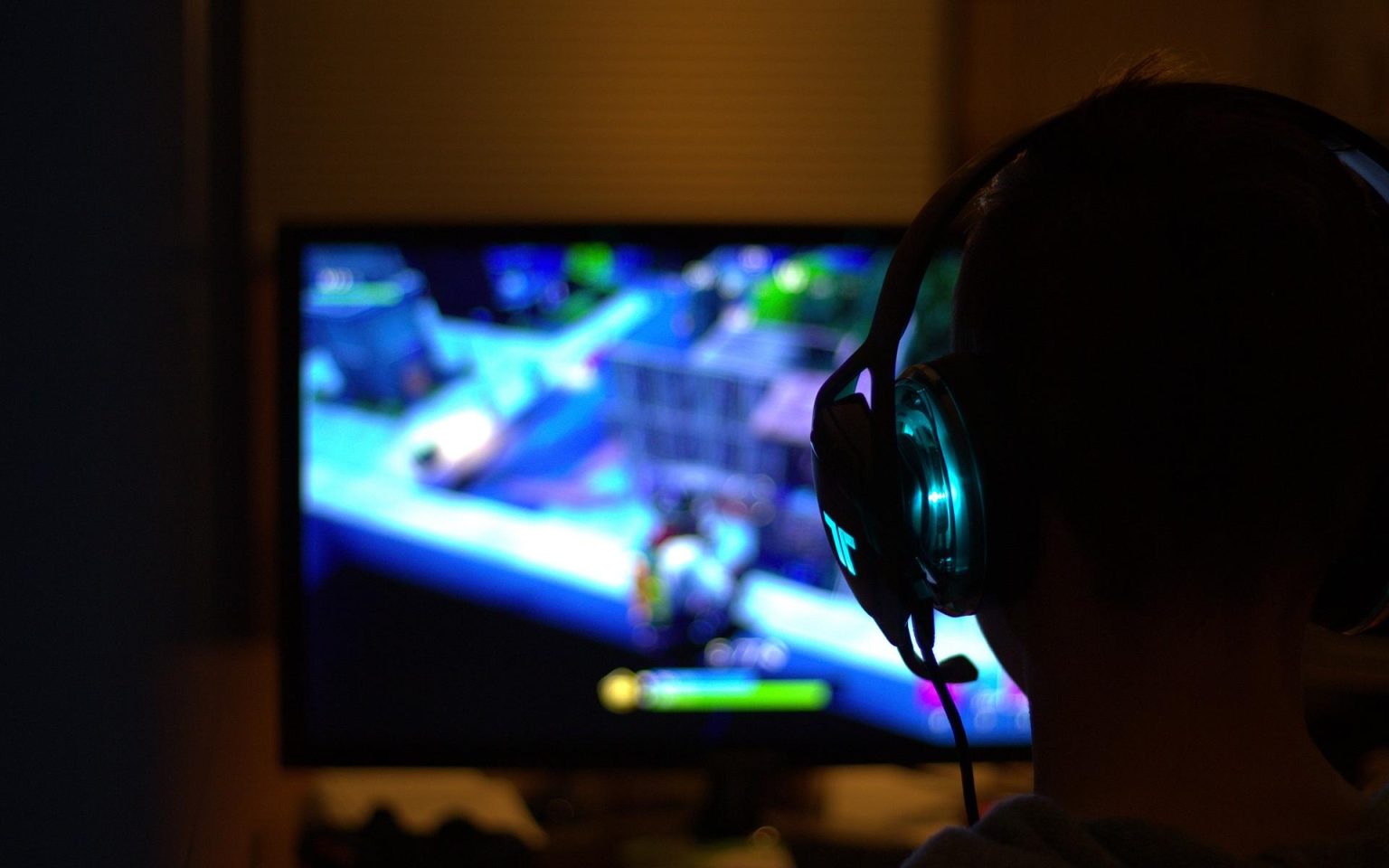



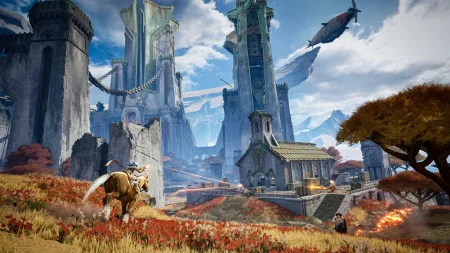
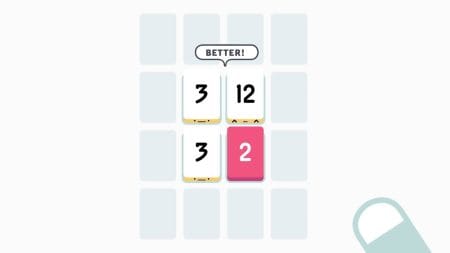

2 Comments
This entire article seems a bit overdramatic in my opinion. You’re trying to write a scare-tactic piece here. You’re cherry picking some of the most extreme cases and using it to build an argument. No thanks.
Appreciate the comment, and thank you for reading. I’ll push back here, though. As stated in the piece, it’s not like gaming addiction as defined by the WHO is particularly common. That said, the real takeaway — and one that’s especially topical today — is that predatory business practices can touch anyone, 31-year-old addict and 12-year-old iPad user alike.
We write for a predominantly games-centric website. Not trying to “scare” anyone; we love games. That said, awareness and a bit of introspection have never hurt anyone.